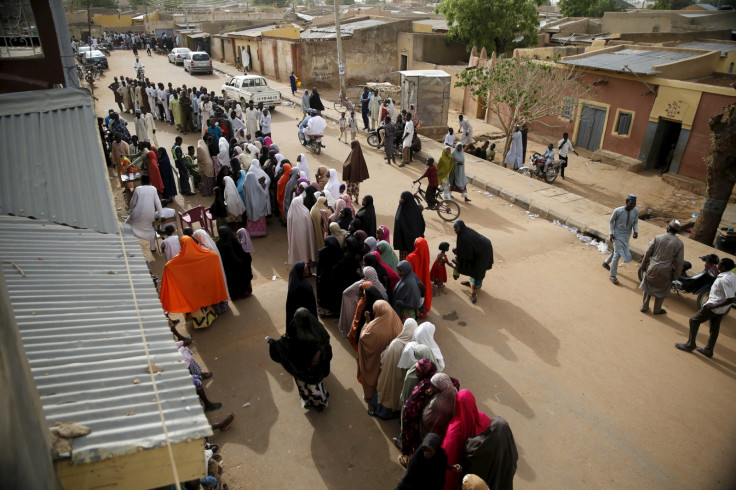Nigeria election marred by violence as count extends into third day with no clear winner

Nigeria was still counting votes on Monday, 30 March 2015, three days after chaotic scenes at polling stations and violence by Islamist militants marred the country's closest election in over a decade.
14 people were killed after Islamist attacks on voters in the country's lawless north east, including a parliamentary candidate in Gombe, Reuters reported, after Boko Haram leader Abubakr Shekau warned that the group would target Nigerians who go out to vote.
New measures brought in to crackdown on vote-rigging - previously endemic during Nigerian elections - backfired in some states as bio-metric readers failed to recognise fingerprints. President Goodluck Jonathan himself was delayed for 40 minutes while voting in his home state.
The delays prompted the independent election commission to extend voting into Sunday, as over 56 million Nigerians went to vote at 120,000 polling stations across the country.
All eyes will be on the country once the final results come in, with some fearing a repeat of the post-election violence in 2011 when 800 people were killed in the wake of Jonathan's victory over Muhammadu Buhari, his opponent in this weekend's poll.
"The danger is post-election. We've been assured by the peace accord between the leaders but how that trickles down is the danger," former Malawian President Bakili Muluzi, who is leading a Commonwealth observer mission, told Reuters.
Buhari is a favourite in the Muslim north, where residents have been hit by a surge in violence by Boko Haram that has seen hundreds killed and the high profile kidnapping of hundreds of schoolgirls. The surge in violence has led to widespread criticism of Jonathan and his ruling People's Democratic Party (PDP) for their lacklustre response to the crisis.
In recent weeks Chad, Cameron and Niger have entered the conflict against Boko Haram, pushing the group out of towns and villages in the north east but it remains to be seen if the military action is enough to restore the reputation of Jonathan - a southern Christian - in the north.
© Copyright IBTimes 2024. All rights reserved.






